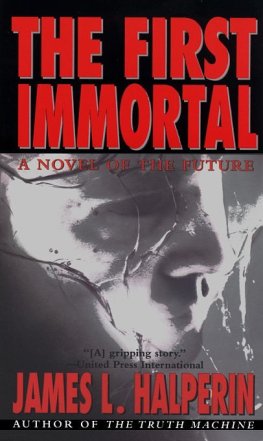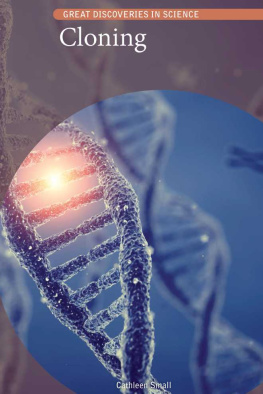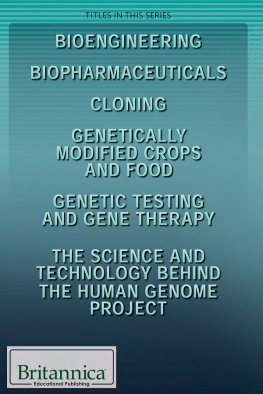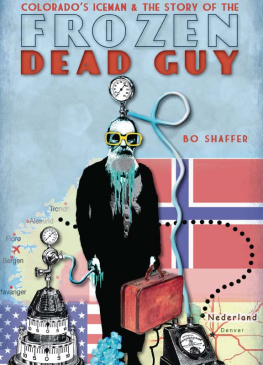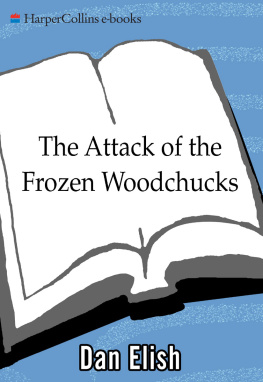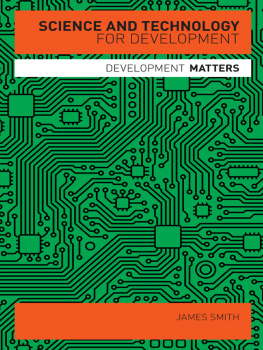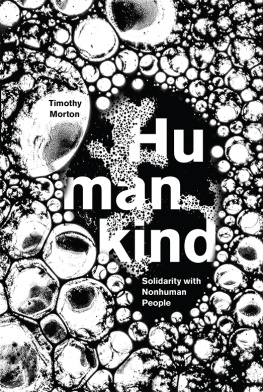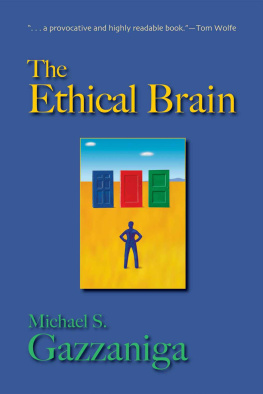James L. Halperin
THE FIRST IMMORTAL
A Novel of the Future
There is but one evil, ignorance.
Socrates
All that stand between us and eternal life are fear and gullibility: Dread of the unknown forges faith in the unknowable.
Benjamin Franklin Smith
Observant second-time readers may recognize some changes in the text, and even a few new plot twists. All such revisions are part of an obsessive quest to make The First Immortal the most severely scrutinizedand therefore scientifically accuratenovel ever written on our potential for biological immortality. In the first hardcover edition, I offered a bounty to each reader who was first to point out any scientific or factual inaccuracies that I subsequently corrected. The bounty, a scarce Ivy Press first edition of The Truth Machine, my first novel, was enough to attract hundreds of submissions. Fortunately for me, most were duplicates, but I did wind up awarding about two dozen books. Still, Im sure mistakes remain, so I now repeat the offer. Should you find any such errors, please e-mail me at , or write to me c/o Ballantine Books, 201 East 50th Street, New York, NY 10022, and include your mailing address.
And be sure to visit The First Immortal Web site at www.firstimmortal.com to post your comments about this book and the topics and philosophies it examines. I intend to read every comment, and will continue to post responses.
JLH, 6/15/98
June 2, 1988
Echoes tumbled through the ambulance. Squeals, rattles, and torsion-bar sways came at him in waves, magnified and ominous. The attendants standing over him seemed blurry, even extraneous. What mattered was the beeping monitor and all-too-familiar stench of emergency medicine. And every single sensation blended with the mundane smell of the rain-soaked streets beneath him.
Benjamin Franklin Smith, my great-grandfather, knew he was about to die.
The morning had delivered Bens third heart attack in six years-worse than either of its predecessors. This time his chest felt vise-tight, more constricted than hed imagined possible. His oxygen-starved muscles sagged like spent rubber, so weak he could barely feel them twitch, while a cold Novocain-like river prickled his left arm from shoulder blade to fingertips: numb but so heavy.
Oh, Christ! he thought, remembering his first symptoms on that flight to Phoenix in 1982. He should have known better. If he hadnt stayed on the damn airplane, they couldve given him treatment; minimized the damage.
Now he was dying. Him, of all people. Ben snorted. Absent his pain and fear, it might have been a laugh. Well, why in hell not him? He was sixty-three years old.
God, just sixty-three? Is that all I get? Please, Jesus, spare me this. Not yet
Two ambulance attendants wheeled Ben through the hospital emergency entrance, past check-in and dozens of less critical cases, sprinting straight for intensive care. All ignored them except one nurse who, recognizing the too-familiar patient, merely gaped. One of the attendants whispered to her, Looks like myocardial infarction. Probably massive.
Still half conscious, Ben wondered if they realized he could hear them, or if they cared. He wondered whether these professionals tasted the same empathy for him that he had so often experienced with his own dying patients.
He also questioned his rationality.
His preparations over the previous half decade had included an oath to himself that he would betray no ambivalence about the unusual instructions hed left. This despite understanding that his chances of staving off death remained slight.
And that if he succeeded, he might end up envying the dead.
Before surrendering consciousness, Dr. Benjamin Smith managed to whisper: Call Toby Fiske. These words would set in motion all his plansirrevocably changing the nature of his death.
Then, as the rush of unreality gathered speed and his awareness faded, his subconscious mind began to play back the most important moments of life, as if by giving these experiences a new orderliness, he might somehow absolve himself of, or at least comprehend, his mistakes.
Images assaulted him of his parents, his children, and the first time he ever made love to his wife Marge. She was just a teenager then. How fiery and resilient she was. They were. Then he remembered sitting at her bedside when she was dying. For six weeks he had fed and bathed her, consoled her with stories and recollections, held her hand, and watched helplessly as the cancer consumed her body and mind.
Now would he finally rejoin her?
Ben Smith also knew the world would keep turning without him. So at the end of things, he pleaded to his God, praying that once he was dead, his only son might finally forgive him.
My great-grandfather was an only child. And despite his birth into near-poverty, his genetics and early environment favored him with certain critical advantages. But timing was not among these: He was born in 1925.
His attempt to become immortal is a tale of character, luck, and daring. Benjamin Franklin Smiths story might have befallen any person of his timethat era when death seemed inevitable to every human being on earth. Inevitable, and drawing ever closer.
The Benjamin Smith Family Tree

January 14, 1925
My great-great-grandmother stared into a spiderweb crack spreading through the dilapidated ceiling paint, its latticed shape taunting her as if she were a fly ensnared in its grip. For several hours shed been lying on their bed, shivering and convulsing, in that drab and tiny apartment. Now she felt a scream welling in her chest, like a tidal wave drawing mass from the shallows. Alice Smith was only twenty years old, but she knew something was deeply, perhaps mortally, wrong.
She shut her eyes, trying to focus on something, anything, other than the pain-fueled firestorm raging inside of her. But there was only the tortured stench of her own sweltering flesh. A single tear found its way into the corner of her mouth. It tasted of pain and fear, but she was surprised to discover another flavor within it: hope and a coming of new life.
Her husband, Samuel, entered her consciousness as if to provide an outlet; a cathartic conversion of pain to anger. Like Alice, the man was a second-generation American. He was a grocer by trade, and, also like herself, from Wakefield, Massachusetts. He had always been a hard worker and steadfast in his tenderness. But he was not there! She was in agony, while he was stacking cans of peaches!
Just when, she asked herself, had he judged his work more important than his wife? and soundlessly cursed him with words women of the year 1925 werent supposed to know.
Why did she need him there, anyway? To share her torment, or to seek the comfort of him? All Alice knew was that right then she hated and loved her husband in equal measure, and if this ordeal was to kill her, she needed to see his face one last time.
To say goodbye.
No! she decided, as if her circumstance had been caused by nothing more than a failure of will. She had to raise and love this child. She would not allow herself to die.
Alices membrane had ruptured twenty-six hours ago, yet she had not given birth. Shed once read that in prolonged labor, omnipresent bacteria threatened to migrate inside, infecting both mother and child. Even the hunched and hoary midwife, though ignorant of the danger in scientific terms, seemed well aware of peril, per se; Alice could sense a fear of disaster in the womans every gesture.

